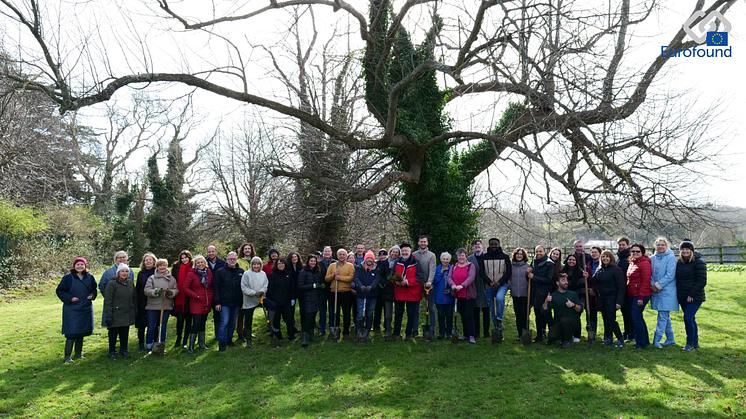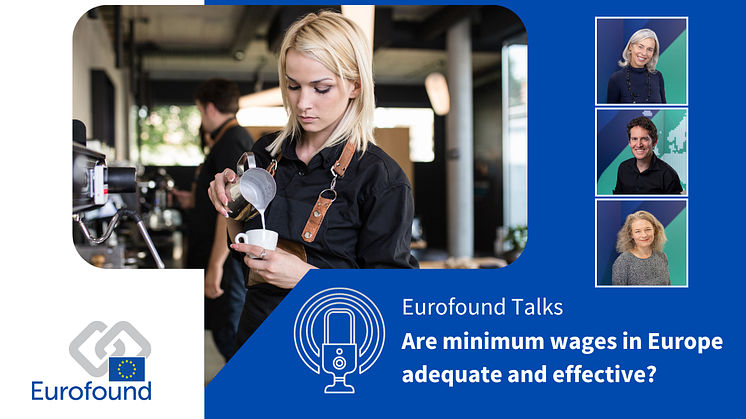
Eurofound analyses labour shortages in Luxembourg
Labour shortages in Luxembourg were analysed in an information session on National policy and company approaches to addressing shortages at Eurofound this week. These exchanges, known as Virtual Visits, take place in the context of Eurofound’s ongoing efforts to reach out to the national level and ensure widespread dissemination and dialogue with respect to its research findings.



















